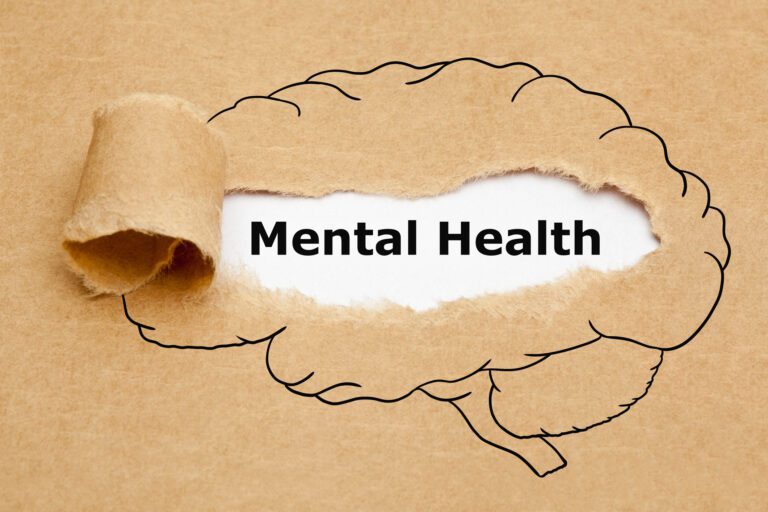Teenage athletes are one of the many vulnerable populations to disordered eating and excessive exercise behaviors. As a teen parent and coach, it is important to know the risk factors of eating disorders, to help prevent disordered behaviors and help aid in positive coaching. Prevention and early intervention of eating disorders is the primary key to long term recovery.
In the United States, 13.5% of athletes (teen or adult) struggle with an eating disorder. Up to 48 % of female athletes, and 17% of male athletes, struggle with eating disordered behaviors. Among high school students, rates of eating disorders among athletes are higher; with 7 % of athletes affected and 3% of non-athletes affected.
Many factors fuel the increased chance of developing an eating disorder as a teen athlete. Training long hours of outside practice, obsessing about food intake, and relying on better performance as weight loss or improved physique is achieved.
The competitive nature of teen athletes is unreal. Many are training for college teams and looking for any way to be faster, stronger, and leaner. Anorexia nervosa, Bulimia nervosa, and Binge Eating Disorder (BED) are the common eating disorders that may affect the teen athletes.

Anorexia
Anorexia nervosa is a type of eating disorder which refers to severely restricting food intake. Many teen athletes who receive positive attention through a sport that emphasizes body appearance, are more prone to develop anorexia.
Signs that may point to anorexia nervosa may include:
Fixation on body weight and size
Calorie counting
Intense fear of gaining weight
Skipping meals
Strict food rules
Obsessed with nutrition labels and ingredients
Impaired concentration
Reporting excessive fatigue
Weight loss
Avoiding social situations where food is eaten
Bulimia
Bulimia nervosa involves individuals that engage in binge eating followed by some compensatory behavior such as purging, fasting, or excessive exercise.
Signs that a teen athlete is struggling with bulimia nervosa:
Binge eating behaviors followed by trips to the bathroom
Eating in isolation and secret
Hiding food, stealing food, lying about food that was eaten
Preoccupation with body weight/appearance
Eating beyond fullness
Feeling of shame and guilt accompanying a food binge
Feeling out of control when binging
Using diuretics, laxatives, syrup of ipecac to stimulate purging
Binge Eating Disorder
Lastly, Binge Eating Disorder (BED) in teen athletes is very common as well. Many times, teen athletes are expending 2-3 times the calories a non-athlete teen would in a day. Many teen athletes simply do not nourish their bodies properly in accordance with their energy output.
The following may be signs of binge eating:
Eating in secret
Hiding food
Feeling shame or guilt around food or eating
Eating at a fast pace
Feelings of depression or low self esteem
Weight fluctuations
Low energy
How to Support Athletes with Eating Disorders
The most important thing the coach and parents can do to support their teen athlete struggling with disordered eating and exercise is to solely prioritize the teen athlete over the sport and their performance. A teen athlete cannot fully commit to the sport and their recovery at the same time.
Many times, it is likely the teen will need to take some time off to focus on their recovery from the eating disorder. Taking the time off, increases the teen athletes ability in the future to play the sport for the long term.
It is important that both coaches and parents are on the same page and both emphasize to the athlete that without physical and mental health, the likelihood of returning to their sport is poor. Rest and recovery from an eating disorder takes priority over athletics. The life threatening nature of an eating disorder needs the focus and attention of both the parents and teen in order to fully recover.














